HERD & Vet Books Visit the Local Community in a Rabies Awareness & Stop Snaring Campaign
HERD and Vet Books for Africa recently embarked on a Rabies awareness campaign in the Bushbuckridge/ Acornhoek community, near to our reserve in Hoedspruit, South Africa.
Vet Books for Africa is a student-run venture based at the University of Pretoria’s Onderstepoort Veterinary Campus. Established in 1993, the venture is aimed at empowering and strengthening bonds between veterinary universities across Africa. Every year since 1993, a group of 8 students are selected to act as the new committee and serve their annual term. Making two trips a year up in Africa, they have travelled a total of 97 000km’s, visiting six universities and distributing 2 600 books over the 14 completed trips, making a bigger difference with every trip that has been completed. This biannual migration allows them to help and unlock the true potential of conservation throughout Africa, using one of the most powerful tools available – education.
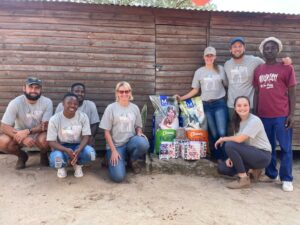
HERD and Vet Books have joined forces to widen the circle of both organisations’ impact.
The decision was taken to embark on a rabies awareness campaign in the closely situated rural community of Bushbuckridge/Acornhoek. Rabies, a viral zoonotic disease considered to be mostly under control in the Northern Hemisphere is still considered a big public health issue on the African continent. In rural communities, unvaccinated dogs can roam freely as many houses’ fences are not well kept and allow animals to leave the property to scavenge for food at night. This uncontrolled movement of unvaccinated animals can lead to situation where rabies can spread quite easily between animals within the community. The Mpumalanga Veterinary Department has set out a goal to vaccinate 75% of all dogs within this community by 2030. Through small organisations coming together in partnership, this goal can be achieved quicker alongside the state vet department.
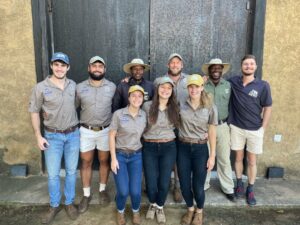
The Rabies campaign starts small this year, with the intent of growing its impact in the future. Starting small and getting your name and face known within the community is the best way to start a long-lasting impactful project. HERD and Vet Books visited two schools within this community, namely Mpisi Primary School and Lumukisa Preparatory School. The goal was to talk to receptive school children about what rabies is and its potential impacts on their community. After a brief introduction of HERD and VetBooks by founder Adine Roode, Dikeledi Xulu (a proud member of the Mpumalanga Veterinary Services) took to the stage to present the rabies topic to the pupils. Communicating in the mother tongue is an essential part of carrying over a powerful message. Other members of the HERD team, namely Khensani Ngobeni had a chance to talk about her experiences as a baby elephant caretaker, in an attempt to sensitise the students towards alternative career paths within the field of nature conversation.
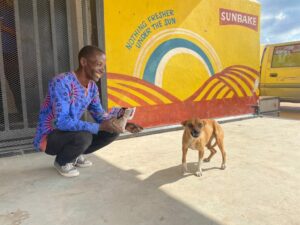
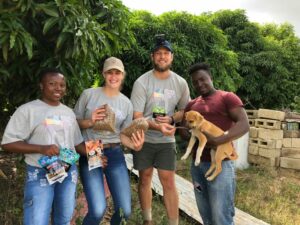
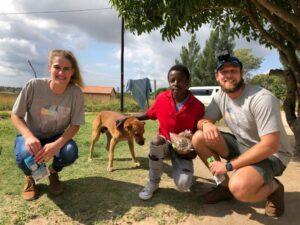
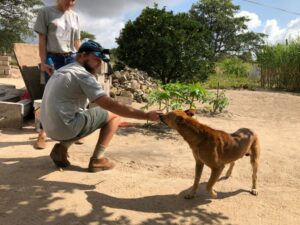
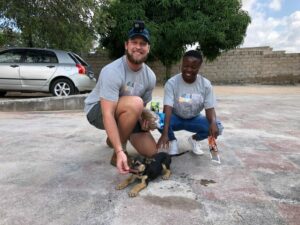
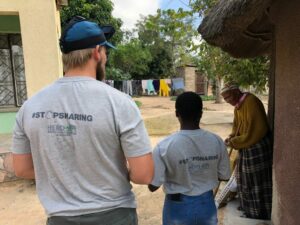
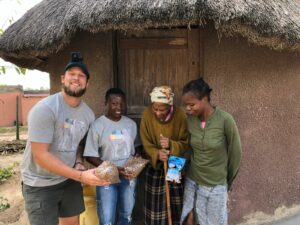
One of the most important aspects of the rabies awareness campaign was also to create awareness around our “Stop Snaring” initiative.
Our “Stop Snaring” campaign originated after we saw the visible impact that snaring had on two of the orphan calves that had been brought to the HERD orphanage. First was Khanyisa, the albino elephant in our care, and secondly was Fenya, who sadly succumbed to her horrendous injuries. The “Stop Snaring” campaign set out to broadcast the horrific impact that snaring can have on animals and especially elephant calves. The HERD and VetBooks team wore their “Stop Snaring” shirts proudly, with Fenya on the front, while spreading the word of rabies awareness and elephant conservation to the schools.
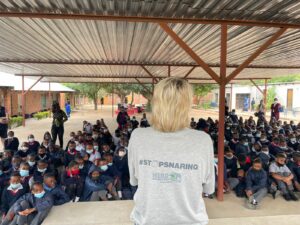
Another important topic covered was the value of our wildlife and the potential careers they might hold for the future generation.
The HERD team spoke about their respective roles at HERD and how they came to be in those careers, showing the pupils that there are multiple fulfilling careers in the field of conservation. The Vet Books students had a chance to talk to their audience about the potential rewards of becoming a vet. Sessions such as this where information is exchanged between groups of people add value as many of these school children aren’t aware of what other potential career paths exist, besides traditionally celebrated ones like a doctor, lawyer, or an engineer. We wanted to emphasise that animals, our natural capital, have the potential to create long-lasting and meaningful careers, and therefore need to be protected and nurtured by the combined effort of plenty of organisations.
This awareness campaign has left us inspired and created a foundation we can now build on in future campaigns within the community. We hope to be involved in future vaccination campaigns, where a helping hand can lead to more vaccinations being done per day – assisting others through collaboration and teamwork to achieve an overarching goal.
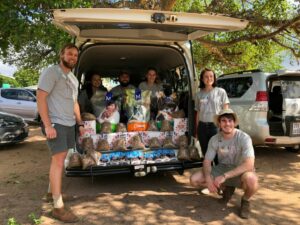
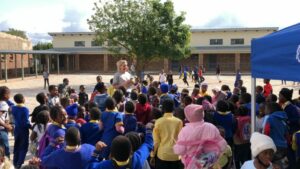
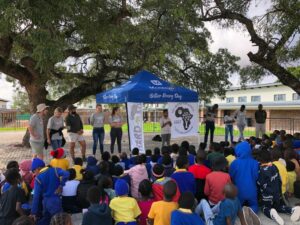
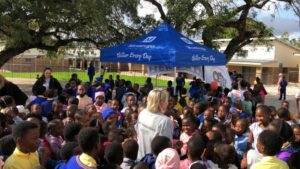
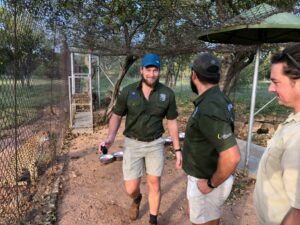
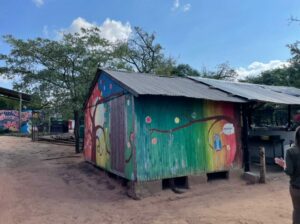
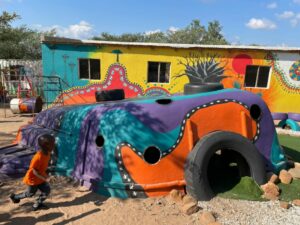
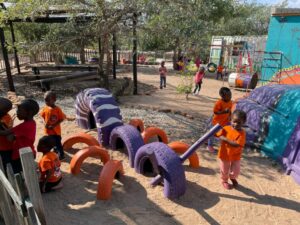

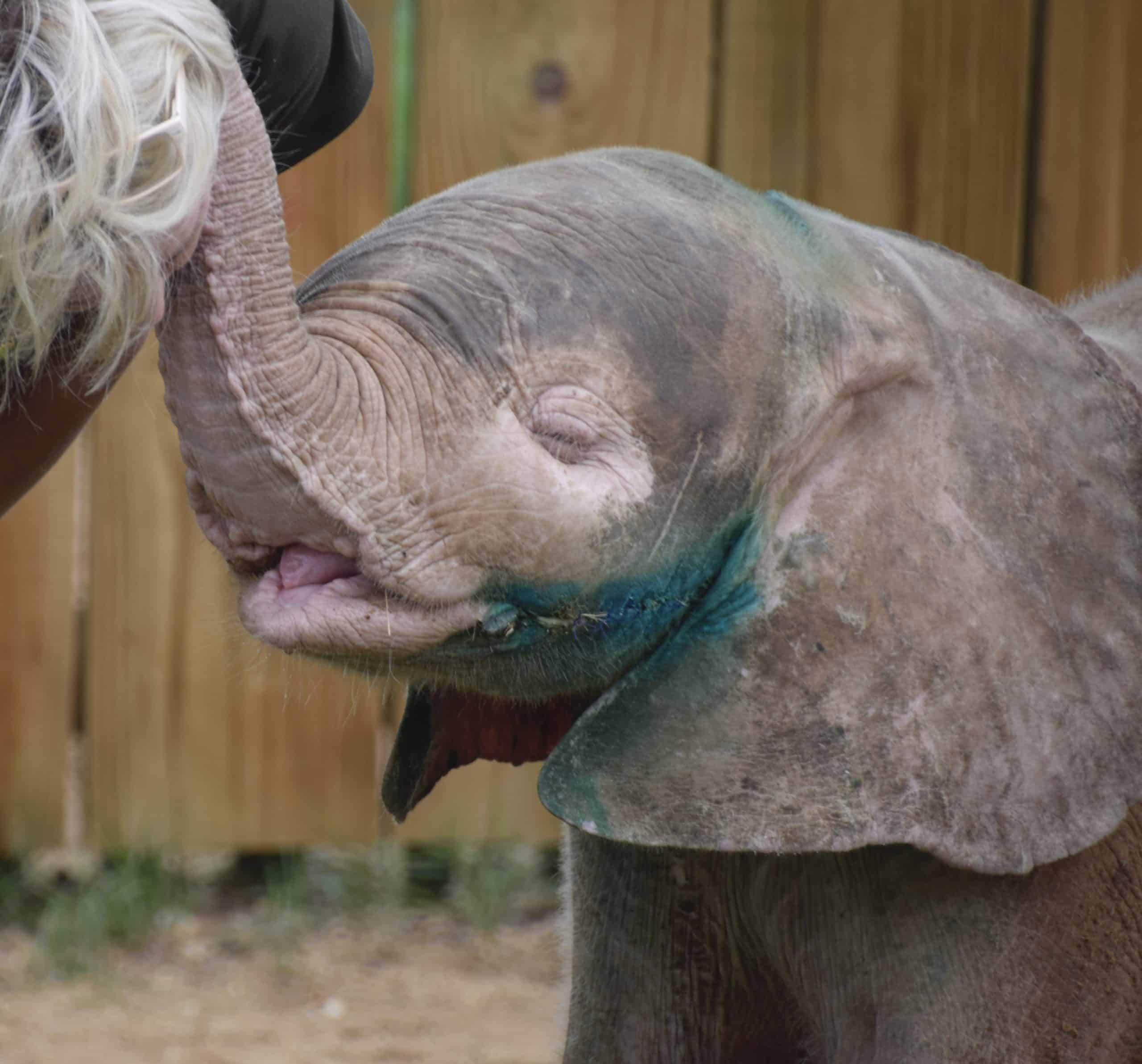
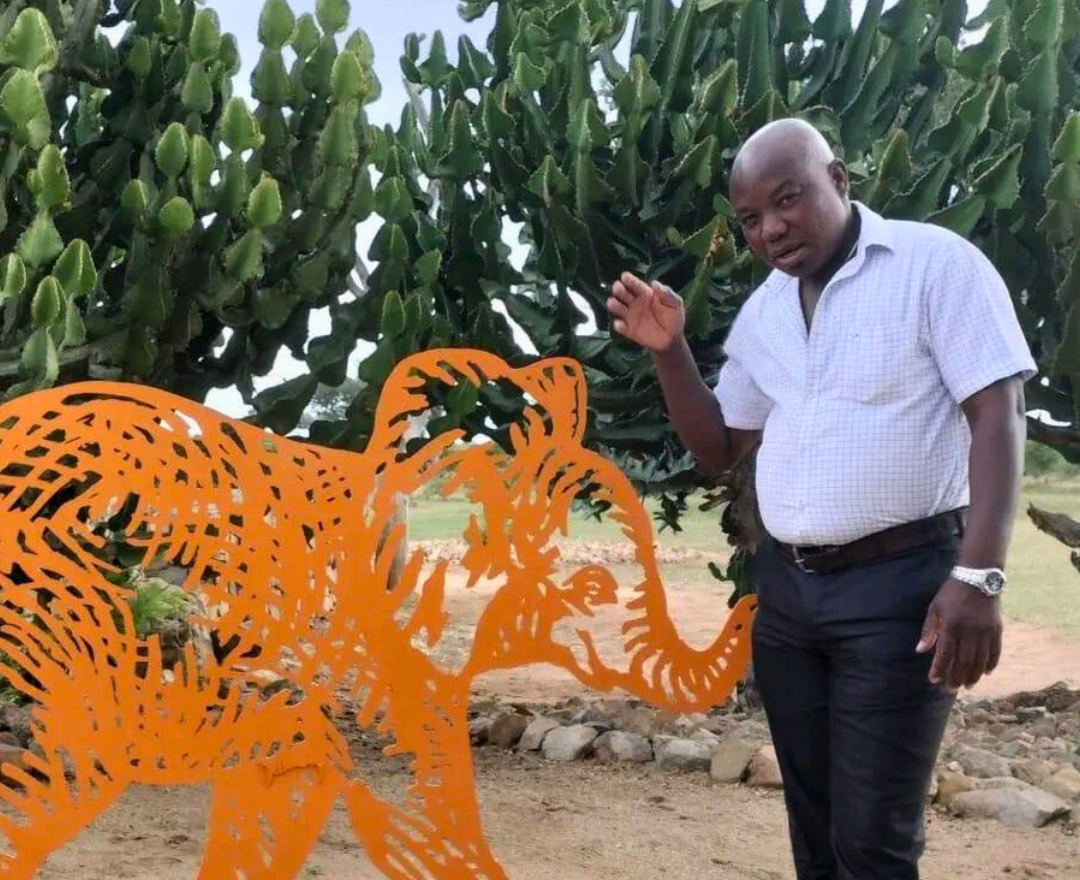
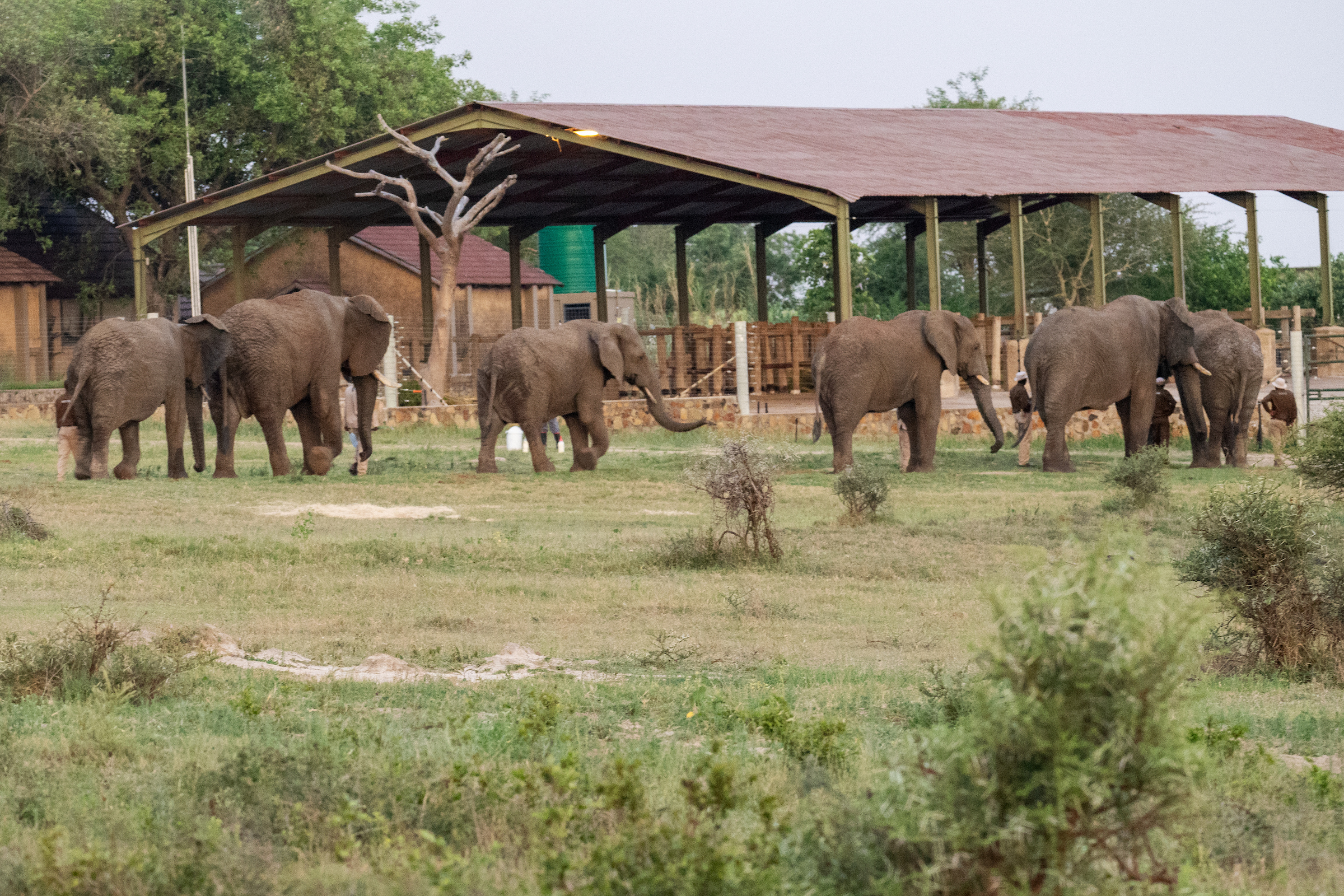

No comments yet.